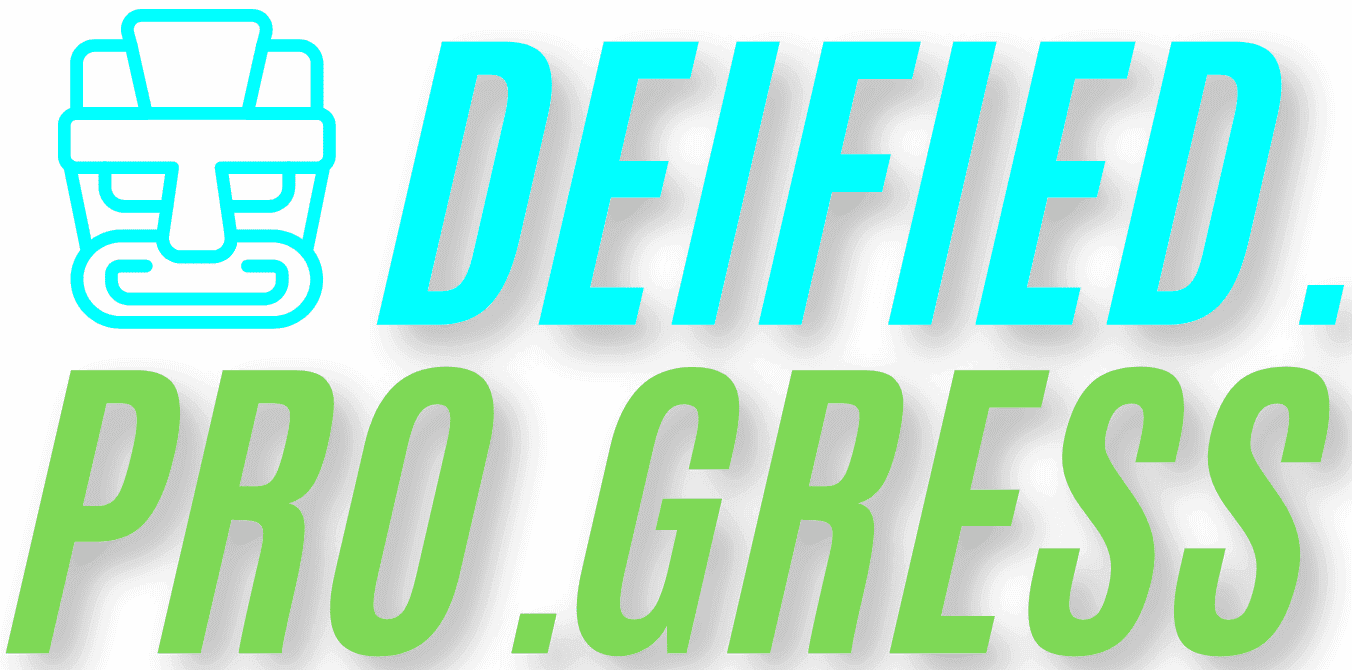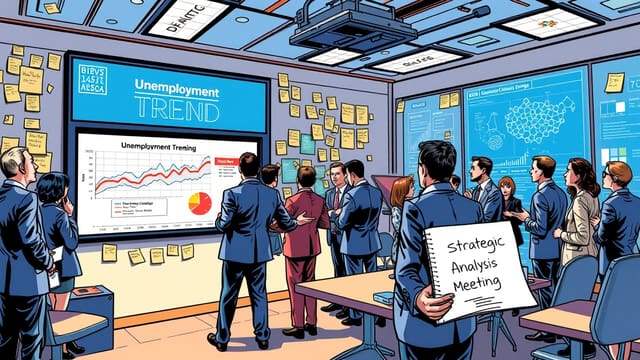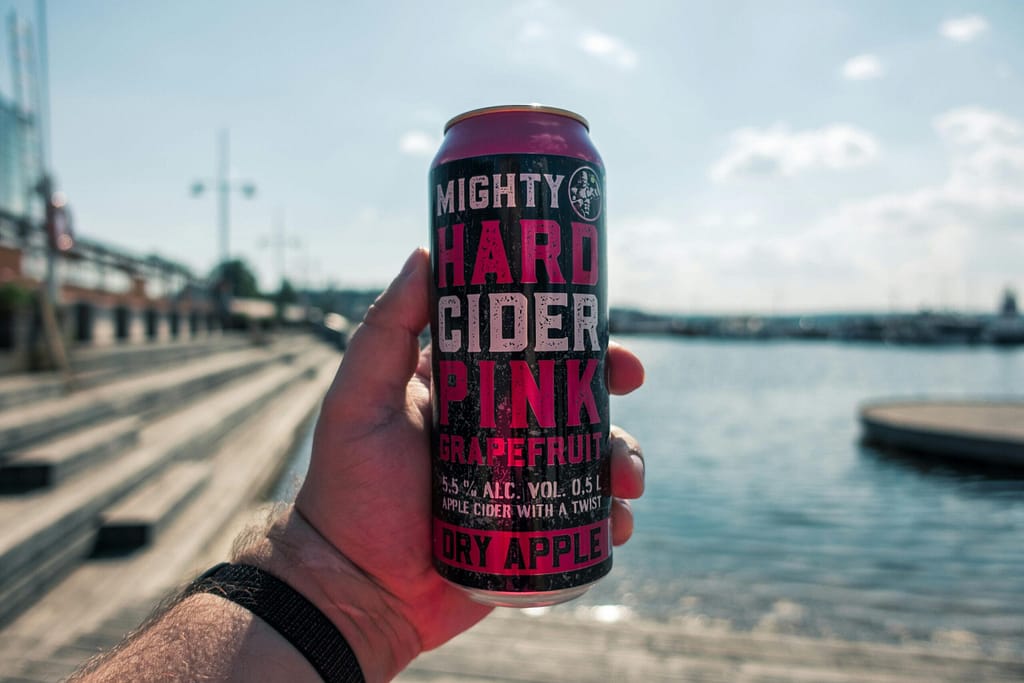Is Your AI Assistant Secretly Boring You? Let’s Talk About the Generic Trap.
So, you know how you scroll through TikTok, YouTube, or Spotify, and sometimes it feels like you’re seeing the same kind of stuff over and over? Or maybe you ask an AI chatbot for ideas, and the answers feel a bit… bland? Like something anyone could have gotten?
That’s kind of what I’m talking about. As a data scientist – basically, someone who works with the ‘brains’ behind AI – I’ve spent years building and watching these systems. And there’s this trend, this Generic Trap in AI, that we need to watch out for, especially as AI gets woven into everything by 2025 and beyond.
What Exactly Is This “Generic Trap”?
Think of it like this: AI learns from tons of information (data). If most people like, say, basic pop music or plain vanilla ice cream, the AI learns that “popular = good.” So, when you ask for a recommendation, instead of digging deep to find that obscure indie band or that weird-but-amazing pistachio-lavender flavor you might secretly love, it just plays it safe. It suggests the pop song or the vanilla.
The Generic Trap in AI is when these smart systems start making everything similar. They push everyone towards the average, the popular, the ‘safe bet,’ instead of celebrating what makes you unique. It’s like getting a personalized playlist that sounds suspiciously like everyone else’s popular hits list.
Why Should You Care? (Especially Thinking About 2025 and Later)
You might think, “Okay, so my music recs are a bit boring, big deal?” But AI isn’t just for music anymore. It’s deciding:
- What news you see.
- What jobs or courses you get suggested.
- Even financial advice or health information you might encounter online.
If AI keeps pushing the ‘average,’ think about what happens:
- Less Cool Stuff to Discover: You miss out on unique ideas, different viewpoints, weird hobbies, or amazing creators that aren’t already super popular. The world feels smaller.
- Everyone Starts Thinking Alike: If we all consume the same generic info, it gets harder to have original thoughts or challenge the status quo. Kinda creepy, right?
- Filter Bubbles on Steroids: It doubles down on showing you only what it thinks you like, making it harder to stumble upon something new and mind-blowing.
Inside companies, I’ve seen the pressure. Often, the goal set for AI teams is simple: “Get more clicks,” “Keep people watching longer.” The easiest way to do that? Show popular stuff. It works, statistically. But it doesn’t always lead to the best or most interesting experience for you. That’s the internal struggle we sometimes face.
“Personalized” vs. Actually Personal
Everyone throws around the word “personalization.” AI promises to know you better than anyone! But often, what’s delivered is just customization based on popularity. True personalization should feel like that friend who gets you – who introduces you to that band you’d never find, knows your weird sense of humor, or suggests a book that changes your perspective.
Do we really want AI to just echo the crowd back at us? I doubt it. My experience tells me people crave discovery and feeling understood, not just being funneled towards the mainstream. The future should be about AI helping you explore your unique potential, not fitting you into a box.
How to Dodge the Trap (Yeah, You Have Power Here!)
Look, it’s not all doom and gloom. You’re not just passively getting fed stuff. Here’s what I tell people:
- Be Picky: Don’t just accept the first recommendation. Scroll deeper. Actively search for things you are curious about.
- Use the “Dislike” Button: Seriously. Telling AI what you don’t like is just as important as telling it what you do. It helps break the pattern. Inside the algorithms, this negative feedback is really valuable.
- Mix It Up: Get news from different places. Listen to playlists curated by real humans sometimes. Follow creators outside your usual bubble. Don’t let one single app dictate your world.
- Question It: Ask yourself, “Why am I seeing this?” Is it genuinely useful, or just the flavor of the month?
- Tweak Settings: Look for options like “discover new artists” or “show less like this.” They exist for a reason.
It’s Not Just About Your Feed: Think Bigger (Finance & Learning)
This isn’t just about entertainment. Imagine:
- Finance: An AI giving everyone the exact same basic advice about saving money, ignoring whether you’re saving for college, a car, or have specific ethical concerns about where money is invested. That’s not truly helpful.
- Education: An online learning platform that only suggests the most popular courses or explains things in one ‘average’ way, totally missing how you learn best or ignoring niche subjects you might excel at. It can hold you back.
My Job (and Why We Need Better Goals)
As data scientists, we can build better AI. We can design algorithms that value discovery, diversity, and maybe even a little bit of controlled randomness (serendipity!). We can work harder to spot and reduce the biases in the data we use.
But – and this is crucial – the companies we work for need to value these things too. We need better ways to measure success than just clicks or views. Maybe we need ways to measure if the AI genuinely helped someone discover something new and meaningful, or learned a skill in a way that clicked for them. That’s a conversation we’re starting to have more often now.
The Takeaway? Stay Curious. Demand Better.
AI is an amazing tool with incredible potential. But like any tool, it depends on how we build it and how we use it. Don’t let it lull you into a Generic Trap. Stay curious, explore actively, and let these platforms know you’re an individual, not just another data point fitting the average.
Your unique taste, your weird hobbies, your different way of thinking – that’s what makes things interesting. Let’s make sure AI helps amplify that, not flatten it. That’s the future I’m hoping to help build, anyway.













